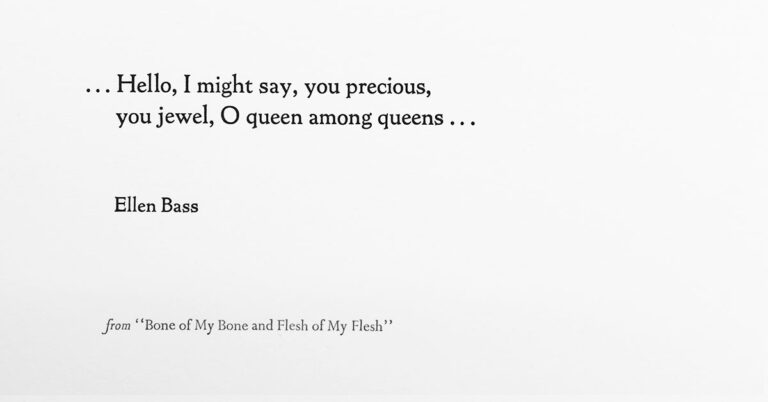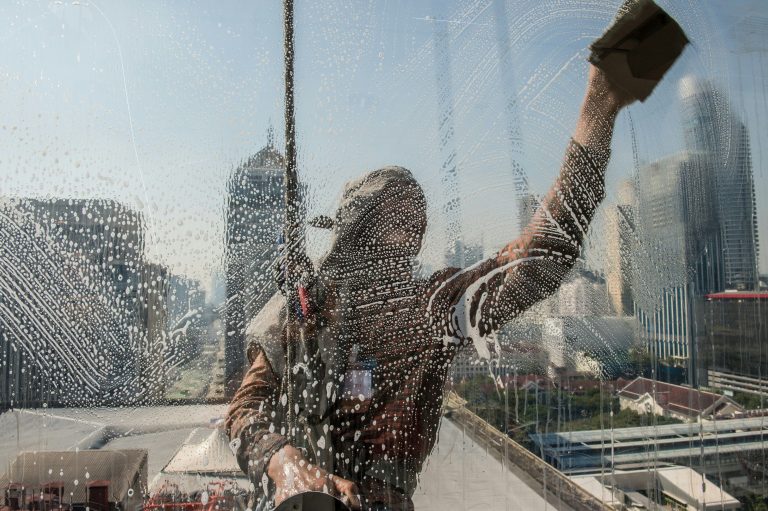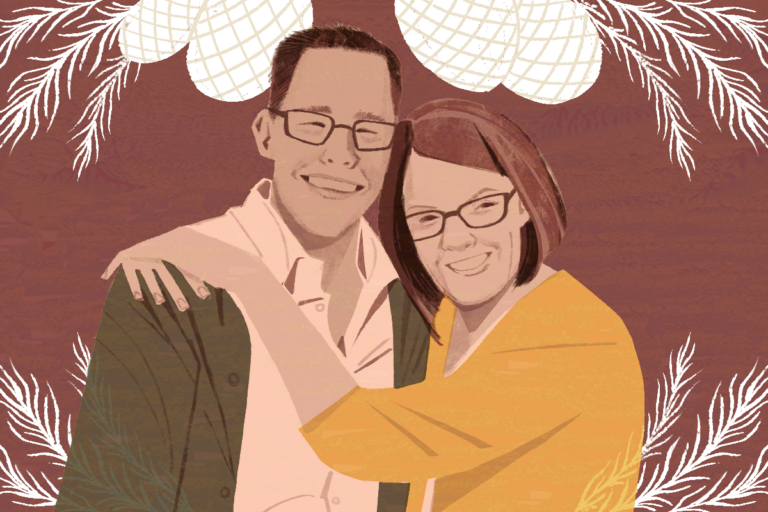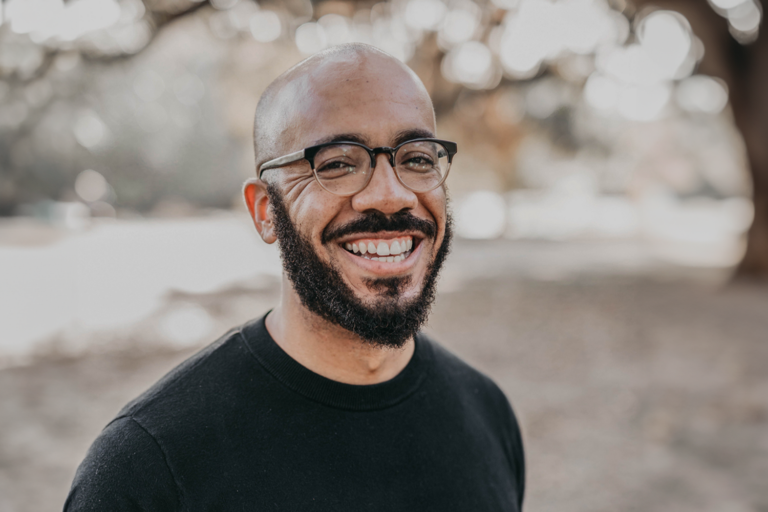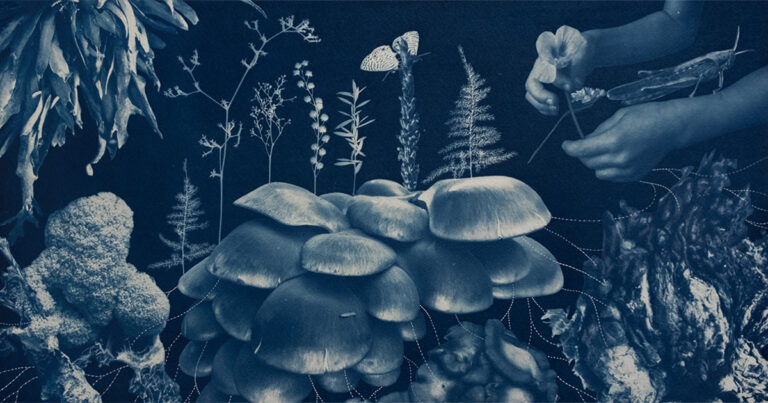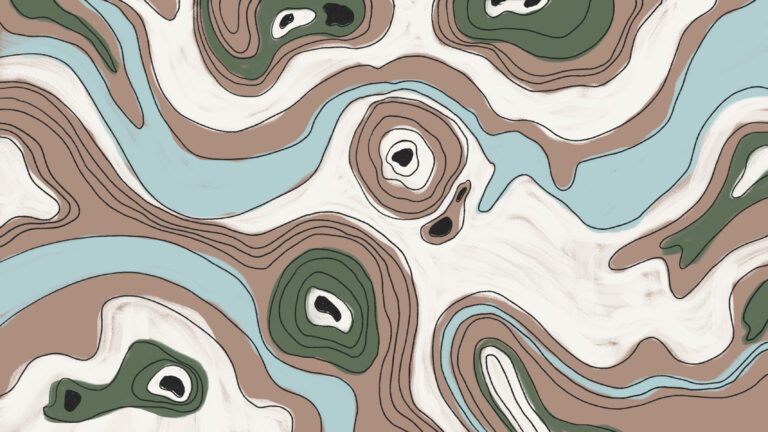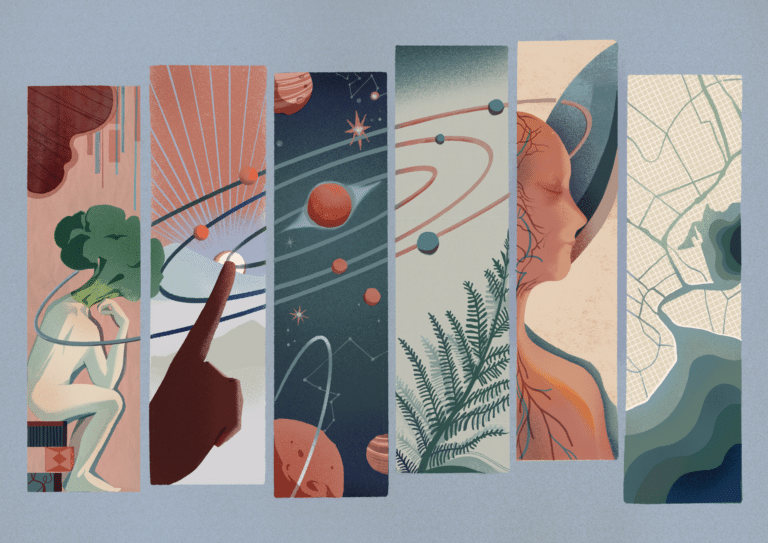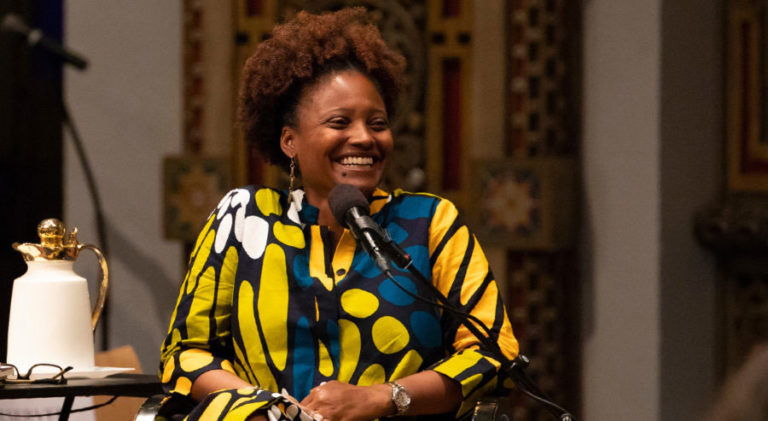To say that Ruth Wilson Gilmore is a geographer, which she is, is not to convey the vast and varied ways in which she is influencing the makings of the future. She’s a mentor and teacher to a new generation of social activism and creativity. She’s a visionary of “abolition,” and that has become a fraught and polarizing word in our fraught and polarized public discourse. But when Ruth Wilson Gilmore speaks of “abolition,” she is working with a long, long view towards making a whole world, starting now, in which prisons and policing as we do them now become unnecessary, unthinkable. In this sense, abolition is not primarily a matter of what to get rid of, but what to build and to orient around — being present, for example, to human vulnerability and to the ingredients that make for deep human flourishing.
Meeting Ruth Wilson Gilmore and drawing her out in this way is an exercise in muscular hope — and in understanding the passion of a new generation that is shaping what we will collectively become.
